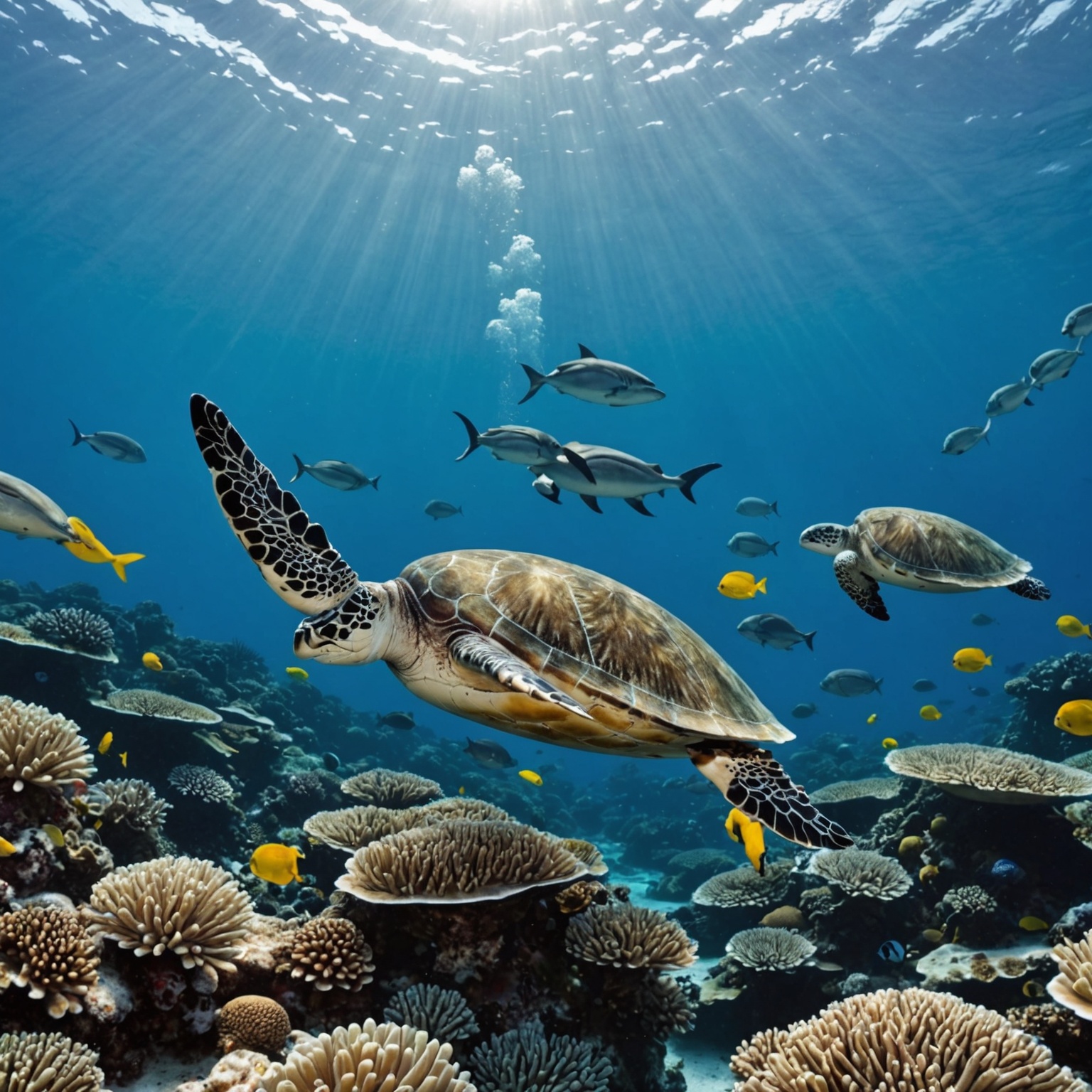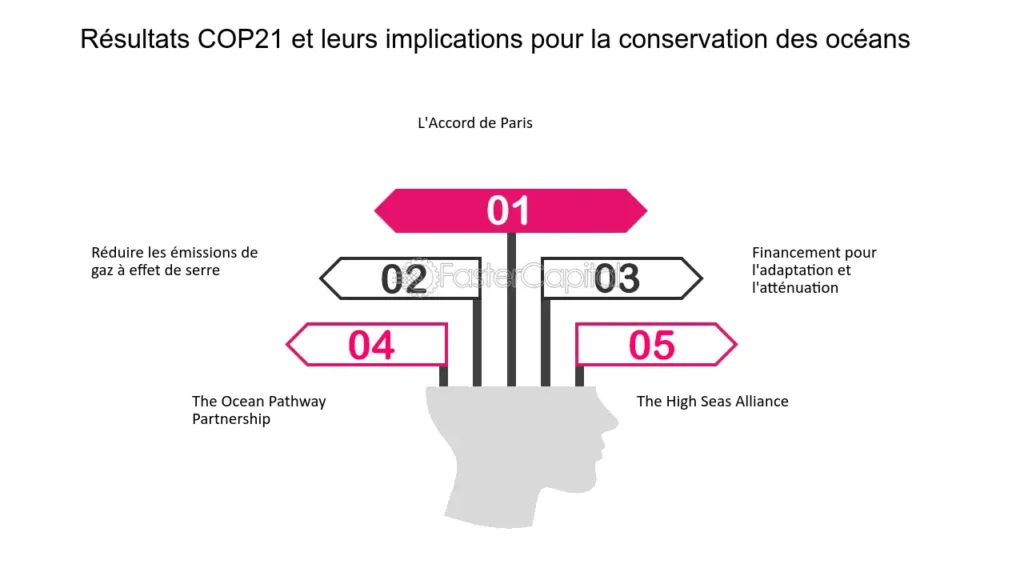The ocean, the true heart of our planet, plays an essential role in maintaining climatic balance and biodiversity. By producing 60% of oxygen and absorbing a large part of the CO2 emitted by human activities, it is our main ally in the fight against global warming. Yet marine and coastal ecosystems face growing threats, from acidification to rising temperatures. The fourteenth Sustainable Development Goal emphasizes the need to preserve andoperate sustainably ocean riches to ensure a brighter future sustainable for humanity. By protecting the future of the sea, we protect our own future.

The oceans, covering more than 70% of our planet, are not only the lungs of our atmosphere and a pillar of global biodiversity, but they are also essential to our economy and our climate. Ocean conservation efforts can redefine our future by enhancing biodiversity, protecting our environment from climate change, and creating new sustainable economic opportunities. This article explores how protecting marine ecosystems can shape a prosperous and balanced future for humanity.
Table of Contents
ToggleOcean conservation and marine biodiversity
The oceans are home to more than 90% of habitable spaces on Earth. They are home to an incredible diversity of flora and fauna that are essential to the health of global ecosystems. Preserve this marine biodiversity is crucial to maintaining an ecological balance. Marine protected areas play a key role in limiting the impact of human activities and safeguarding threatened species, while allowing local populations to benefit from marine resources.
A shield against climate change
The oceans, real thermostats of our planet, have absorbed more than 90% of the excess heat and nearly 30% of the CO2 emitted by human activities. This absorption plays a crucial role in moderating global warming. By preserving marine ecosystems, we strengthen their capacity to store carbon and regulate the climate, thus protecting our planet from the effects of climate change. climate change.
Blue economy: towards sustainable exploitation
There ocean conservation represents an opportunity to develop a sustainable economy, often called the blue economy. Responsible exploitation of marine resources offers prospects for economic growth while minimizing environmental impacts. Sustainable fishing practices, aquaculture and responsible tourism are examples of activities that can promote sustainable economic development while protecting the marine environment.
The challenges of acidification and pollution
The ocean is also facing increasing threats such asacidification due to an increase in CO2, which affects marine ecosystems by disrupting essential biological processes. Additionally, marine pollution, particularly plastic waste, endangers ocean life. Strengthening ocean protection measures and promoting effective environmental policies are imperative to counter these threats and guarantee the sustainability of the oceans.
Conclusion: Action is imperative
Ocean conservation is not simply about environmental preservation; it is at the heart of a sustainable future for our society. By taking concrete steps to protect our oceans, we can work towards a stabilized, resilient climate and a prosperous economy based on sustainable practices. The urgency to act has never been more crucial to ensure a healthy and balanced future for humanity and our planet.









